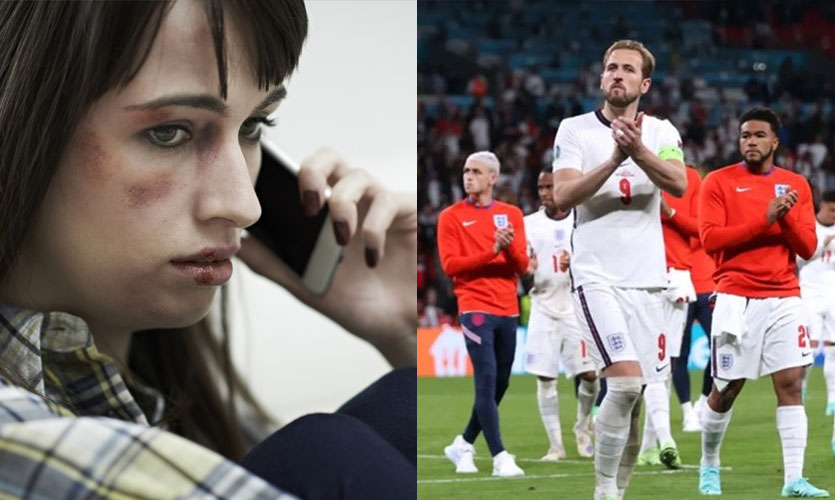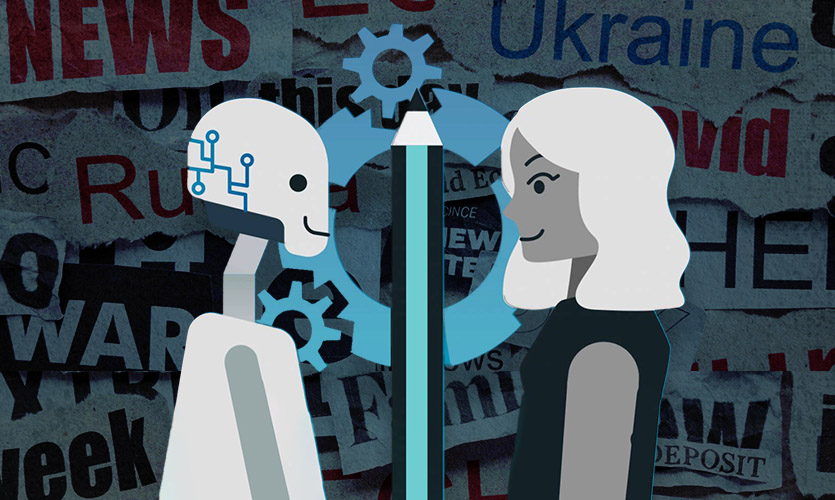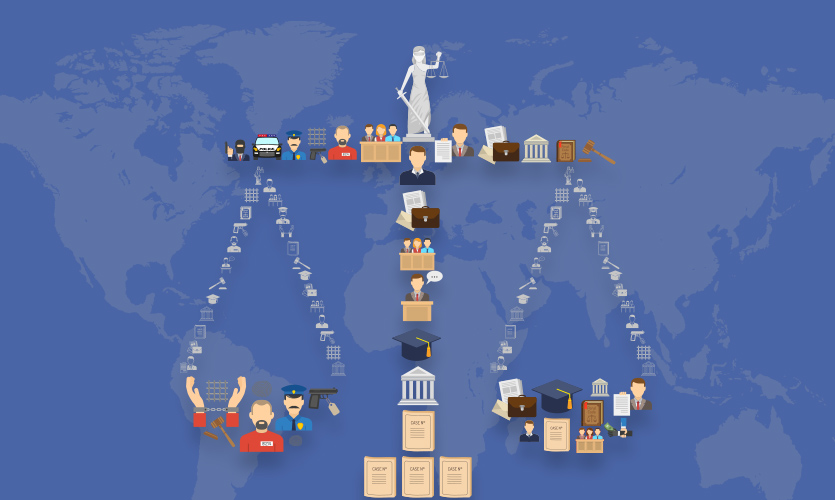In 2013, a Lancaster University research article indicated that domestic abuse cases rose by 38 per cent in Lancashire when England lost a World Cup match. And, by 26 per cent if the national team won or drew.
Heightened emotions and alcohol consumption add to such situations, making high-risk persons prone to violence. COVID-19 and extended lockdowns have only made things worse, leading people and institutions to share domestic abuse helpline numbers and resources on Twitter last night as Italy defeated England in the Euro 2020 finals.
Win or lose tonight someone will experience domestic violence because of the football score. Call police on 999, and if speaking would put you in danger, don't speak. Press 55 when prompted and they will know you need them #domesticviolence #DomesticAbuse @LincsPolice https://t.co/c5eHJoUtat
— Daniel Gray (@GrayDaniel1981) July 7, 2021
Conversations on the micro-blogging site ranged from the dissemination of resources to shock, pain and rage about domestic abuse. The sentiment that pulled all these conversations together assured people that they weren’t alone. If one were to look at the fact that statistics are built around reported cases and much of domestic abuse goes unreported, the importance of such a gesture would perhaps be even more pronounced.
Please retweet these numbers so whoever needs them hopefully sees them. pic.twitter.com/ss3OsEJl0A
— 🐾 Teresa 🐾 (@KaiBoo77) July 11, 2021
Abuse is never okay, no matter what form it takes or the excuse one makes in their defense. Certain markers help law enforcement and social welfare institutions understand the reasons and scope of abuse at home. These include alcohol consumption and an increase in stress level — factors that got global attention last year in conversations about the shadow pandemic.
If you are experiencing domestic abuse, or you are worried about anyone who may be, DM me for the name of the app.
Please only download it if it is safe for you to do so and you are sure your phone isn’t being monitored.— Rowena Christmas (@ChristmasRowena) July 11, 2021
While anyone can be a survivor of abuse, it is prominent across studies that women and children tend to be the most affected groups. It can be linked to financial independence and structures that give very little agency to these affected groups in India. Coupled with identity-related privileges and demographics, another layer of nuance comes into the picture — the worst affected belong to the marginalised sections of the society.
Whether you realise it or not we all know a woman who has experienced #DomesticAbuse. Tournaments, like #Euros2020, don’t cause abuse but they may be used as an excuse for it.
Please share our Helpline 💻https://t.co/zrOzNlp3hK & 📱0808 2000 247 – let her know she’s not alone. pic.twitter.com/3NFQR6H1mV
— Refuge (@RefugeCharity) July 7, 2021
A 2021 paper suggests that alcohol is a major driving force in cases of domestic abuse. The researchers, in this case, saw a 5 per cent decline in such instances during the two-hour duration of the game, ‘suggesting a substitution effect of football and domestic abuse’. However, after about ten hours, a peak could be seen, hinting at a positive cumulative effect in the instances of domestic abuse.
Clearly, things haven’t changed in the last decade, we have only gotten better at understanding the issue and measuring its impact.










